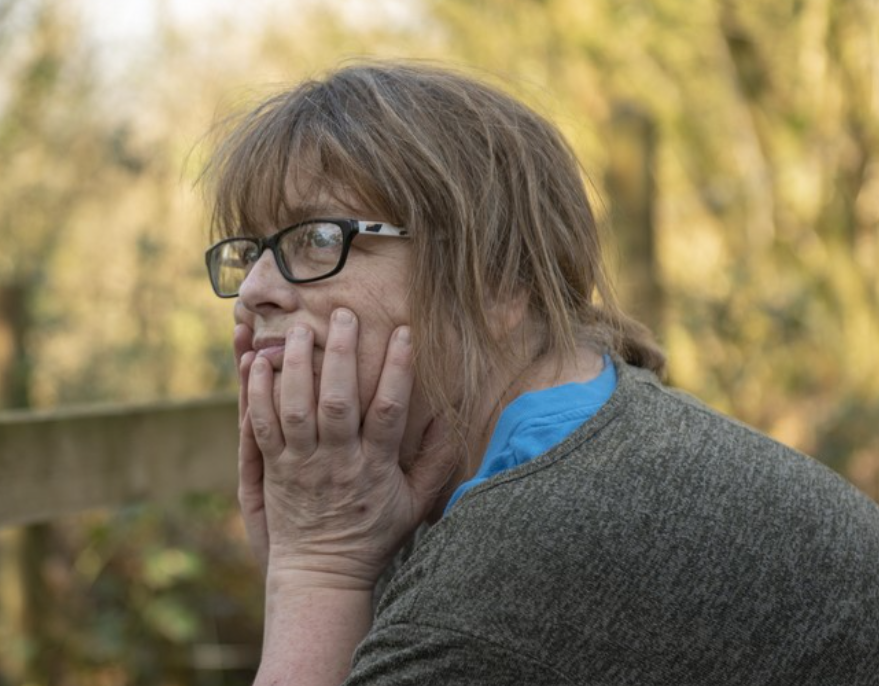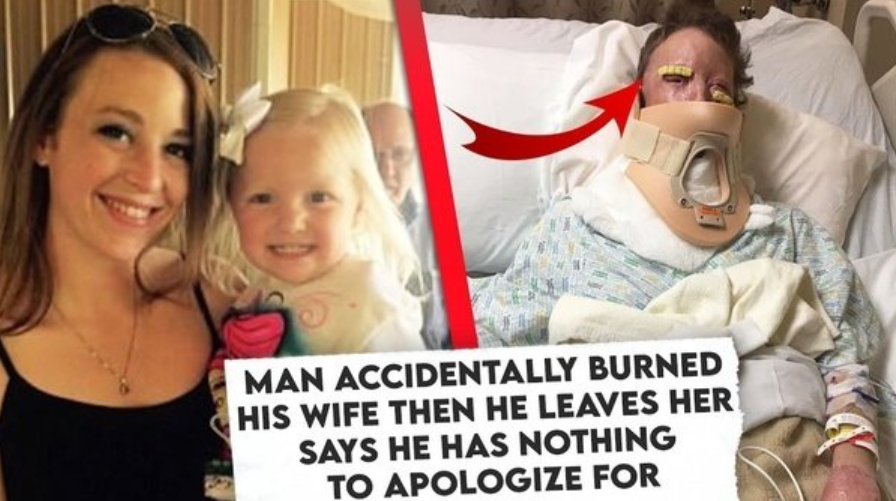“My mental health was so bad, I wasn’t able to speak. I was crying all the time, I was so depressed

Denise found herself in a difficult situation when her landlord served her a Section 21 eviction notice, leading her to face the possibility of losing her flat where she lived with her children and her abusive partner. Despite seeking help from the council, only her children were provided with accommodation through social services, while Denise was instructed to return to the flat.
Due to financial struggles and increasing rental arrears, Denise, who had separated from her violent partner, couldn’t afford to pay the rent. She felt ignored and neglected. After discussing her situation with the landlord, they agreed to give her more time to find a more affordable place to live. However, upon learning about this agreement, the council no longer considered Denise to be facing homelessness since the Section 21 was not being enforced.
Denise, fearing threats from her ex-partner, couldn’t stay at the flat and resorted to sofa-surfing. When she contacted the council again, they advised her not to leave the flat, warning that if she did, they would consider her intentionally homeless and unable to provide assistance.
“I initially found the council to be helpful and understanding when I approached them. They didn’t treat me poorly or appear judgmental, but I never received any follow-up or assistance, just a few leaflets to take home.”
Denise’s mental health deteriorated as she accumulated significant rental arrears from her previous home and faced an uncertain future. The situation became more complex when her mother passed away, leaving Denise an uninhabitable house in severe disrepair. Despite her continued sofa-surfing at various friends’ places, the council insisted that she was not homeless. This was the case even though she no longer had access to the flat, as it had been cleared by the landlord.
“In essence, they claimed I wasn’t eligible because, according to them, I could have either gone to my mother’s house, which was not livable at the time, or returned to the flat.”
Denise felt frustrated for following the council’s advice to stay in the flat. Sofa-surfing took a toll on her mental health to the point where her friends had to intervene and speak to the council on her behalf.
“My mental health deteriorated so much that I couldn’t communicate effectively. I wore sunglasses all the time, avoided eye contact, and cried constantly. I was deeply depressed.”
The council’s assessment of Denise’s situation, considering it a potential case of intentional homelessness, left her in a state of uncertainty. She worried about her previous landlord’s actions and feared losing her friends’ support, as she felt like she was taking advantage of their kindness. Without the support of her friends, she believed she would end up on the streets.
“You place your trust in the council because they’re the main authority. So, when they refused to help, I felt utter despair. I couldn’t see a way out, and my debts were piling up, making everything seem bleak.”
Sadly, Denise’s health deteriorated further, leading to a hospital stay. During her recovery, she received support from Women’s Aid and Crisis, where she took a course on finding accommodation and maintaining a tenancy. Consequently, she applied for a social housing flat that was advertised and was accepted. The rent arrears from her previous flat were cleared, and the housing association provided support throughout the application process.
Relieved of the threat of homelessness and having a place to call home, Denise has been able to rebuild her relationship with her children. She also hopes to spend more time with her grandchildren in the future




